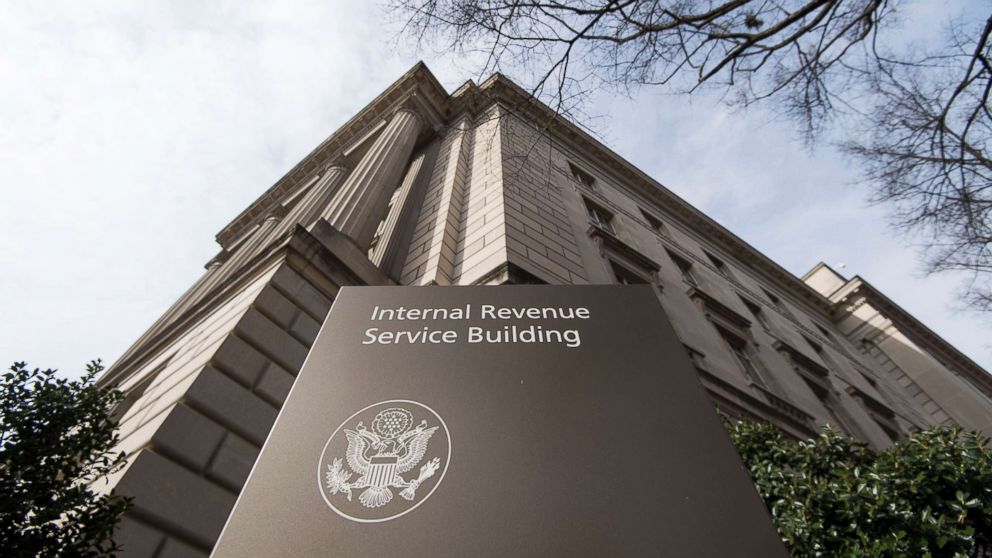Why Does the IRS Care About Schedule L? A Look Into the Mind of the Tax Man, Why The IRS Says “Show Us Your Books” And Wants Basic Financial Statements from Any Company
So just why does the IRS care about Schedule L? Why does the tax man want you to include Financial Statements on your tax return now, and why does any of this matter? Well as a new Accountant that has been working on both bookkeeping and tax prep for a large set of middle market companies, ranging from say $1MM to $7MM per year in annual revenue, I have had to create a LOT of Financial statements, and to get Schedule L to tie A LOT. In fact the joke that I have been making around the office is that Schedule L has been giving me nightmares, and I’m not joking at all in that regard. Sometimes, the books are such a mess that you have to roll forward items or make adjusting entries that differ from the prior year in order to get the schedule to tie, or there are additional items like Building Acquisitions that were not present last year and that for some reason are not showing up on the Trial Balance in the right way. The list goes on and on, I’m starting to get to the point where I just use the PBC Schedules to tie the return exactly, because otherwise we’ll never get the returns out the door by deadline. Anyhow, end rant. In this blog post, I’ll talk about Schedule L and why the IRS likes to see Financial Statements, as well as some things in Public Accounting real world that they do not teach you in school.
Other tax forms we’ll cover on this blog include the following:
Schedule M-1
 Schedule M-2
Schedule M-2
Form 1040
Form 1065
Form 1120 S
Form 1120
Bookkeeping
CPA Exams
Wealth Management Licensing Exams
Series 7
IRS Dirty Dozen List
CFO Services
SEO Services
And much more, read on or subscribe to our blog for additional details and information!
| Related Posts |
|---|
Some Things They Don’t Teach You in College That Ring True for Working in Public Accounting
In public accounting, or at least at the firm that I’m working at right now, one of the things that is a constant headache is getting IRS schedules, Trial Balances, and books to tie out and balance properly. A lot of this is driven by messy bookkeeping and just issues with having huge amounts of files or paperwork that are a pain and very time consuming to manage. One thing they don’t tell you in school is that you will quite possibly spend hours and hours getting the books to balance and looking for one single number to tie retained earnings, or related issues.
So Here’s What Schedule L Actually Is
Schedule L is your companies Balance Sheet Per Books. Typically only partnerships, S Corps and C Corps need to file Schedule L, single member LLC’s and Schedule C filing’s get away with not showing their books on this form. Also typically companies that only exceed like $250,000 per year in gross sales need to fill this out. What it essentially is is a snapshot of the client’s books, so the IRS scrutinizes your corporations more as they typically are larger and more a cause for concern.
What Are Some Reasons That Schedule L Won’t Tie And Why Retained Earnings Is The Usual Culprit
A lot of the reason could be that something was entered in wrong, you are missing adjusting journal entries on your Trial Balance that were there last year, there are simply numbers that are adjusted for on the Trial Balance that are not there on the other forms. It can be a bit of a headache, and your usual culprits are:
Your retained earnings or income statement items are off
A balance sheet item is only categorized on one section of the Snapshot in time.
Comment down below with any headaches you’ve had on Schedule L, I can vibe with you as a prospective CPA!
When to Refer to the PBC Trial Balance Instead of the In-House Created Financial Statements
Sometimes this is the fastest and/or the only way to get the Balance Sheet to Balance. Since the client will almost always give you a balanced TB from their records and Financial Statement, it surely makes sense that this would be the fastest way to tie the numbers.
Final Thoughts On Why Does the IRS Care About Schedule L and Why Public Accounting Is Challenging Me Cognitively
And there you have it! In case you guessed it, yes I’m an Accountant! Thanks for reading.
Cheers!
*Inflation Hedging.com
Sources:
https://www.bankrate.com/banking/cds/cd-rates/
https://money.cnn.com/data/markets/
Disclaimer: The opinions and documentation contained within this article and on this blog are the sole property of inflationhedging.com and are not to be copyrighted or reproduced in any manner, else legal action within the rights of the United States legal code could be use to obtain recompense. All articles and blog posts are the sole opinions of the writers of the blog, and are not necessarily in line with what exactly will work for you, you should consult a CPA, Tax Professional, or Financial Professional to determine what exact financial needs are in line with your interests. Also, from time to time, certain links on this website will be used to generate affiliate commissions, in order to support the health and growth of our website, health and business.








Leave A Comment